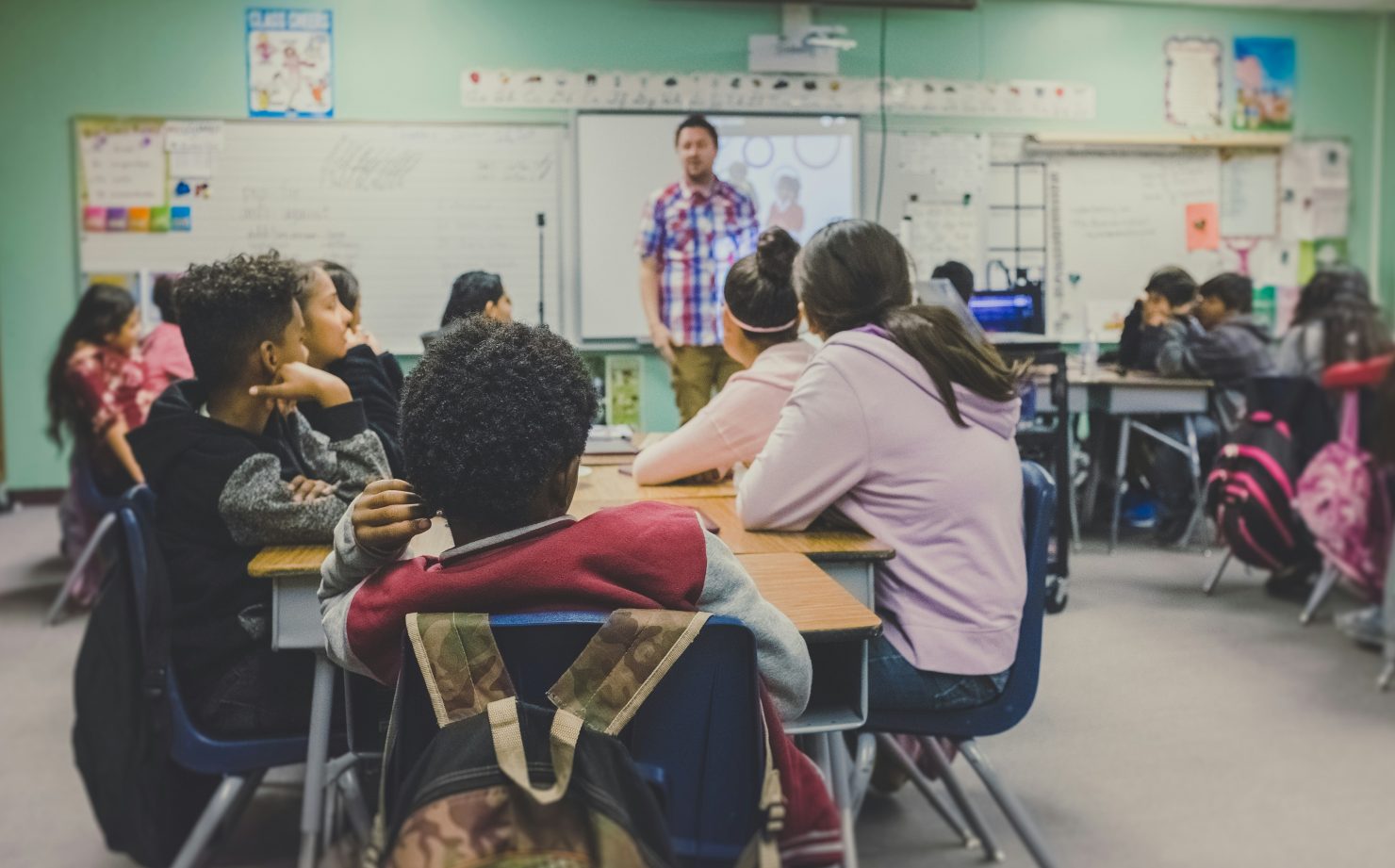
Study Shows Decline in Academic Performance Post-Pandemic
In a study published in the Open Access journal Education Sciences, researchers demonstrate the decline in learning amongst college students at the University of Mississippi after the COVID-19 pandemic. In the study, they describe a trend in scores amongst the students and discuss the potential reasons for the decline within the last 4–5 years post-pandemic.
We were a little puzzled at first because if learning was impacted by one big event, why didn’t scores drop and level off or start to climb again? Why did scores continue declining each year since COVID-19? – Gregg Davidson, Professor of Geology and Geological Engineering.
The SARS-CoV-19 pandemic
In early 2020, the majority of countries across the world went into nationwide lockdowns due to the outbreak of SARS-CoV-2. This meant that all learning, socialising and work shifted from a physical to a virtual space, including college and high school education. Students all around the world carried out classes and subsequent examinations online from their homes.
Countries continued to exit and re-enter lockdowns until the end of 2021, as waves of high viral infection rates hit different countries at different times. The pandemic completely resolved by May 2023 according to the WHO.
The impact of lockdown
During the periods of lockdown, people of all ages struggled with mental health, particularly those who lived alone.
Social isolation and uncertainty often induce feelings and symptoms of anxiety and depression. Furthermore, young adults at critical ages of development were missing out on key life experiences essential for not only their well-being, but also for their neurological advancement.
Adolescence is a crucial period that shapes identities. It’s where children develop empathy and begin forming their moral values that lead them through adulthood. It is also a time when the brain is highly sensitive to any change.
The study carried out by researchers from the US showed how online learning impacted overall learning in young people post-pandemic, and explored some of the potential reasons for the decline.
Study shows a decline in assessment scores after 2020
Majority of the studies reported lower success rates in online classes as compared to in-person classes. In the study presented here, the authors identified that after COVID-19 the performance gap between students in online and in-person courses had disappeared.
Usually, lower-performing students perform worse in assessments when learning online, while higher-performing students perform equally as well when learning in-person versus online.
The study shows us that grade distributions were generally lower across the board of students, and that in-person average scores aligned with the online score trendlines. This showed that, overall, students were achieving lower grades.
Furthermore, the study showed that lower-performing students with lower grade point averages (GPAs) were disproportionately impacted. This decline in scores post-pandemic could be due to a few different things.
Why did learning decline post-pandemic?
The authors explore a few reasons why learning has been significantly affected post-pandemic. Firstly, the cohort analysed after 2020 and each consecutive year reflects the steady increase in students enrolled in college who carried out part of their high-school education during the COVID-19 pandemic, where there was a prominent increase in online classes and overall loss of structure. The steady decline in the test score trendline is therefore consistent with the increase for these particular students.
Post-COVID, that structural benefit disappeared. The performance of students in the face-to-face classes dropped to be indistinguishable from the online scores. The scores are a reflection of (a) growing percentage of undergraduates each year who were in high school during the pandemic. – Gregg Davidson
The question that researchers asked next, therefore, is what specific impact did the pandemic have on the learning of these students who were in high school at the time?
Schools teach young adults key life-skills
The authors suggest that in-person learning provided by school environments is key to equipping young adults with many important factors that go beyond academic learning. This includes the development of key social skills that develop maturity, independence, confidence, and contribute to feelings of satisfaction with life. It also nurtures critical thinking, encourages healthy risk-taking, and the ability to focus.

Additionally, the study invites researchers to explore the effect of increased digitalisation in young people on attention and learning. The study shows how pandemics can have long-lasting consequences that are unrelated to being infected by pathogens. Secondary impacts can have deleterious effects on mental health, and the results shown in this study show that that prolonged social isolation and a lack of in-person teaching may have surprising consequences on children’s ability to learn.
As educators, recognizing that this is happening is important to be proactive about identifying causes and remedies – Gregg Davidson
Further research
Big life events and trauma can have significant and lasting effects to mental health. More research is needed to understand exactly how the COVID-19 pandemic, in combination with an exponential rise in global digitalisation within the last decade, affects young people’s ability to learn and focus.
To learn more about research like this, access the journal Education Sciences or Behavioral Sciences.










